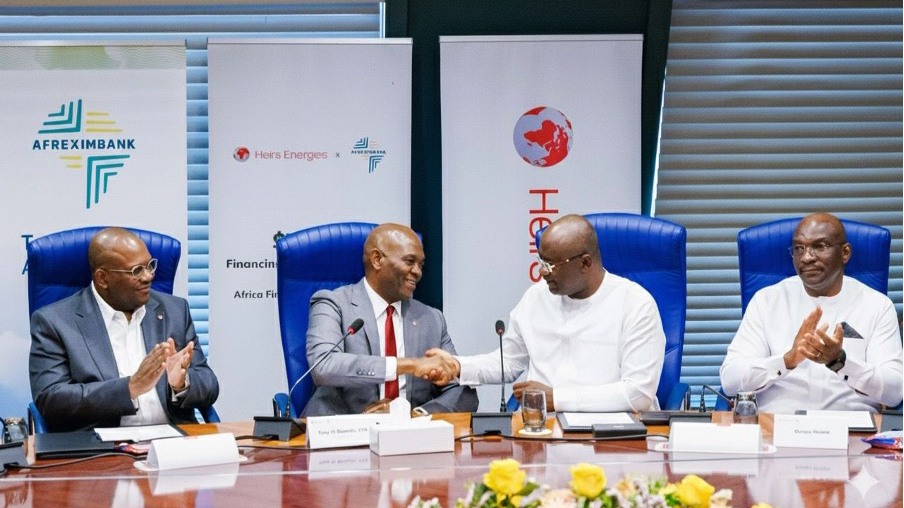Stakeholders at the special session of the African Ministerial Conference on the Environment (AMCEN) have called on member states to expedite the ratification, domestication, and effective implementation of regional, global multilateral environmental agreements, including the Bamako Convention and the Maputo African Convention on the conservation of nature and natural resources.
They made the call at the 40th anniversary of the establishment of the African Ministerial Conference on the Environment under the theme, “Four decades of environmental action in Africa: reflecting on the past and imagining the future,” hosted by Kenya.
In a declaration at the end of the conference, the ministers commit to playing a leading role in safeguarding natural capital, prioritising sustainable management practices that balance economic development with environmental conservation, recognising the intrinsic values of the natural capital and its role in sustaining the continent’s socio-economic and cultural heritage.
The conference committed to addressing the mounting environmental challenges, including climate change, environmental degradation, drought, biodiversity and ecosystems loss, deforestation, desertification, public health risks, land, air, and water pollution, poverty, and other threats that undermine the continent’s sustainable development goals, threatening the lives and livelihoods of millions.
The ministers also pledged support for a robust Global Plastics Treaty that would tackle pollution across the entire lifecycle, emphasised the need for accessible climate finance to build resilience.
They also recommended promotion of green growth pathways that would harness environmental action as a driver of decent jobs, green investments, entrepreneurship, and socio-economic opportunities, particularly for Africa’s youth and women, leveraging the capacities that we have built over the past four decades.
The Regional Coordinator at Greenpeace Africa, Esther Syombua, noted: “While the declaration calls for enhanced governance and finance, it avoids direct corporate accountability measures like polluter-pays principles, fossil fuel company taxation, or mandatory compensation schemes, effectively letting polluting corporations off the hook while placing the burden on African governments.”
The African Ministerial Conference on the Environment was established in December 1985, following a conference of African ministers of environment held in Cairo, Egypt, with a mandate to provide advocacy for environmental protection in Africa; ensure that basic human needs are met adequately and in a sustainable manner.






